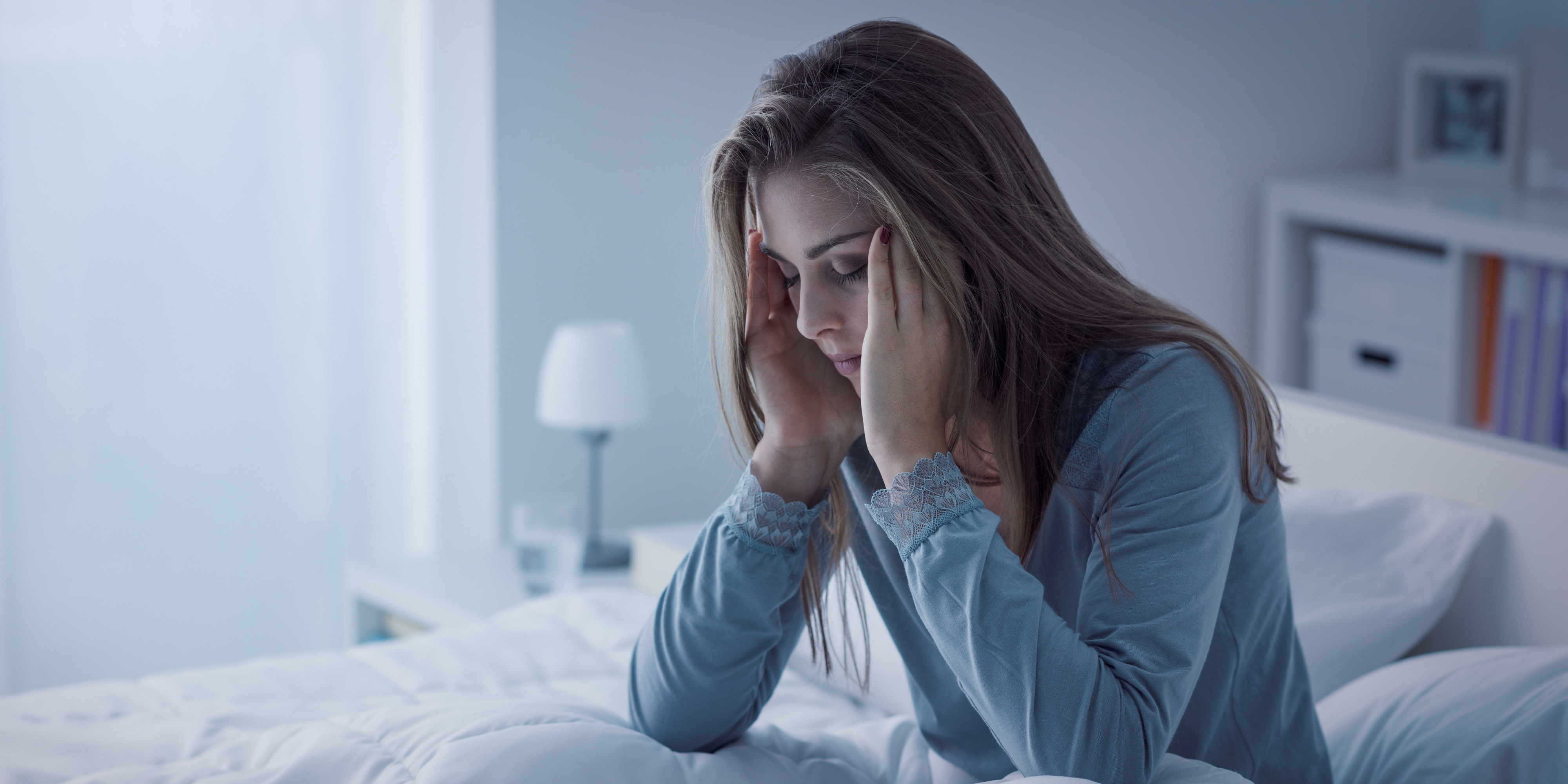

Sleep disorders affect millions worldwide, disrupting natural sleep patterns and diminishing overall well-being.

These conditions range from insomnia to sleep apnea, each with distinct symptoms and underlying causes. Understanding these disorders is essential for improving both physical health and mental clarity.
🔍 Common Types and Symptoms
Insomnia, characterized by difficulty falling or staying asleep, often stems from stress or lifestyle factors. Sleep apnea involves repeated breathing interruptions, leading to daytime fatigue. Restless legs syndrome creates uncomfortable sensations, while narcolepsy causes sudden sleep attacks. Recognizing these symptoms early can prompt timely intervention.
🛌 Contributing Factors
Biological predispositions, irregular sleep schedules, and excessive screen time before bed can exacerbate sleep issues. Psychological factors like anxiety and depression also play a significant role. Environmental influences, such as noise and light pollution, further disrupt sleep quality.
💡 Effective Management Strategies
Cognitive behavioral therapy for insomnia (CBT-I) helps reframe negative sleep patterns. Lifestyle adjustments, including consistent bedtimes and reduced caffeine intake, promote better rest. For sleep apnea, specialized devices like CPAP machines maintain steady airflow. Relaxation techniques, such as meditation, also aid in achieving deeper sleep.
🌿 Natural Remedies and Lifestyle Adjustments
Herbal teas like chamomile and valerian root may support relaxation. Regular physical activity improves sleep duration, though intense exercise close to bedtime should be avoided. Creating a dark, quiet sleep environment enhances the body’s natural circadian rhythm.
📊 The Importance of Seeking Help
Persistent sleep disturbances should not be ignored, as they may indicate underlying health concerns. Consulting with specialists can lead to tailored treatment plans. Early intervention prevents long-term consequences like weakened immunity or cognitive decline.
✨ Final Thoughts
Sleep disorders significantly impact daily life, but effective solutions exist. Combining medical guidance with lifestyle changes can restore healthy sleep patterns. Prioritizing rest is not just beneficial—it’s essential for a balanced, energized life.
